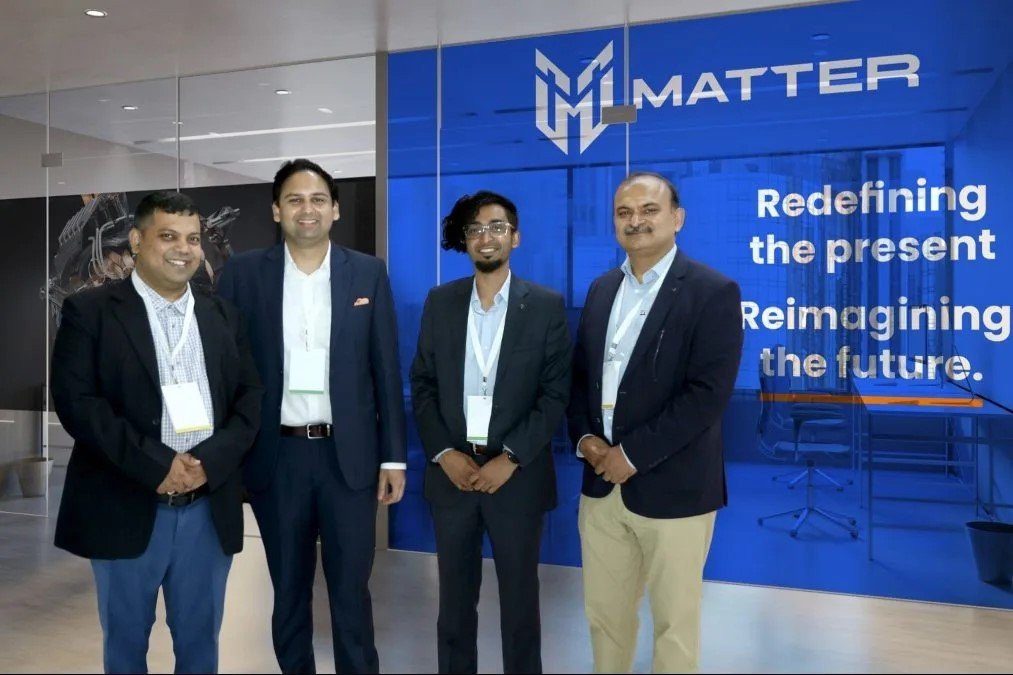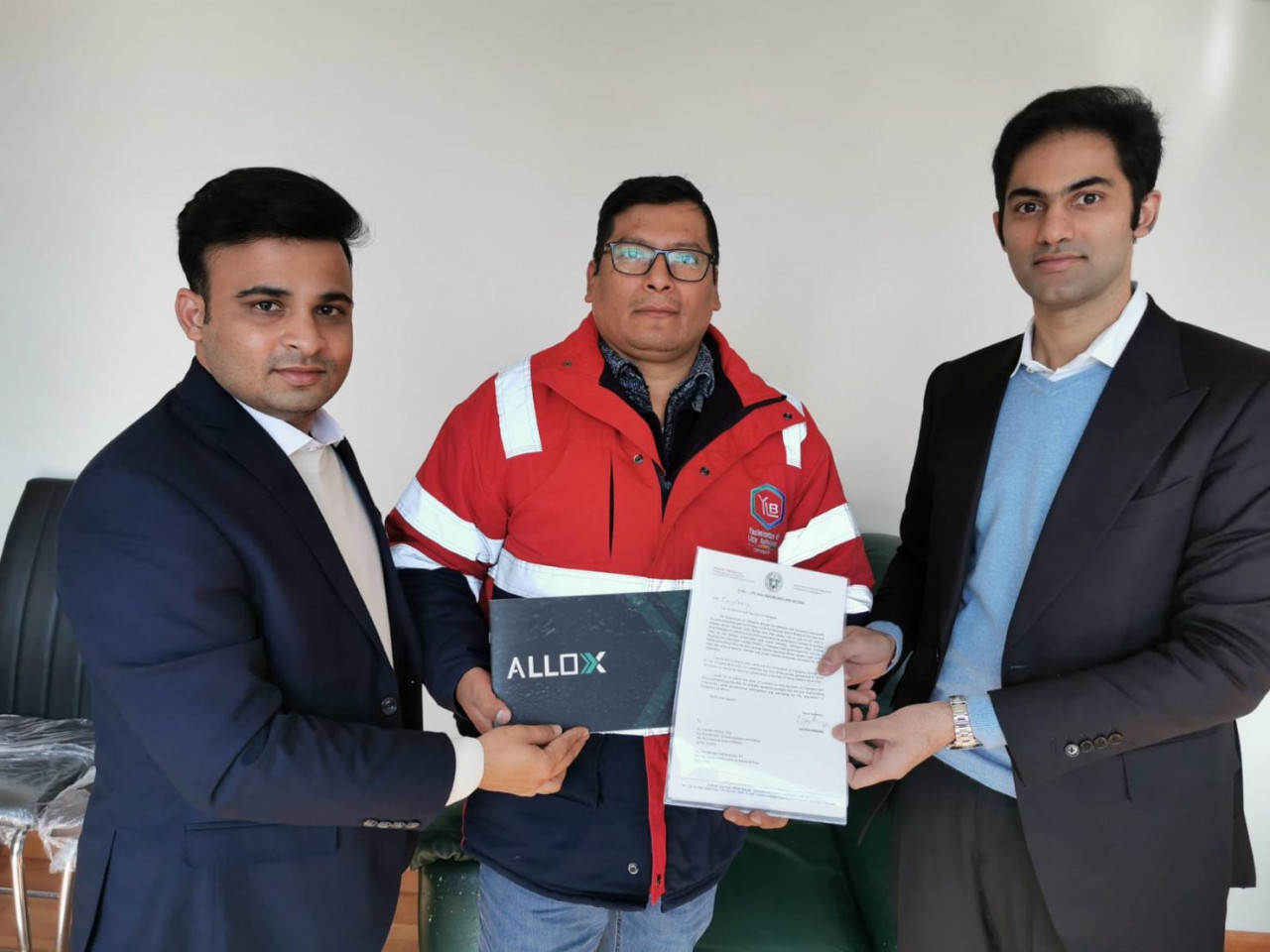IESA brainstorms ways to upskill women, enhance participation in energy sector
The India Energy Storage Alliance (IESA) has received recommendations from over 100 women leaders in the energy storage and cleantech sectors, which it will review and submit to the government for development of favorable policies that enhance women's participation in the energy workforce.
The recommendations were received at a roundtable held at the India Energy Storage Week (IESW) 2024 as part of the alliance's "Women in Energy" (WE) initiative, which aims to connect, educate, and inspire women in the clean energy and green technology space. Key recommendations include:
- Analysis via ESG Rating: Officials can analyze ESG (Environmental, Social, and Governance) ratings to gauge the true representation of women in the workforce and evaluate a company's dedication to gender equity. In fact, a special rating can be introduced based on women involvement at different levels in the organization.
- POSH (Prevention of Sexual Harassment) Policies: Companies should adopt and implement a zero-tolerance policy on sexual harassment (POSH) with clear guidelines and strict penalties for misconduct towards women associates.
- Flexible Working Hours: Flexible timings, particularly for female employees with caregiving responsibilities, is a necessity in today's world. Adopting flexible working hours will help women balance their professional and caregiving responsibilities while preserving their competencies in the workplace.
- Upskilling of Women: The Government of India has introduced initiatives to upskill women in new sectors. These should be rapidly implemented and scaled up to support women's participation in the workforce and boost participation of skilled women professionals.
- Dismantle Gender Bias: It is crucial to dismantle gender bias that prevents capable women from taking up certain roles such as those involving technical on-ground services or extensive travel, or attaining top leadership roles because of their gender.
- Ask, Don't Assume: As women make strides in various industries with their leadership approach, certain roles are still assumed to be reserved for men and not open to women. For instance, women with young children are often overlooked for leadership positions that involve extensive travel. In such cases, HR should communicate openly with women candidates and ask the concerned individuals instead of making assumptions. IESA (WE) recommends companies adopt the 'ask, don't assume' approach and talk to the candidate in person before making assumptions that are factored into the decision-making process.
- Childcare Support in Offices: Many young mothers who are willing to join the workforce are unable to do so due to a lack of childcare support in offices. Employers should prioritize this issue and provide a childcare ecosystem that allows young mothers to join the workforce.
The International Renewable Energy Agency (IRENA) reports that women account for only 32 percent of the global renewable energy workforce. The figure for India is similarly low.
The Government of India's initiatives to boost the participation of women --- such as the allocation in this year's Budget for upskilling women --- will help bring more women into the workforce.
Netra Walawalkar, who leads the IESA (WE) initiative, said: "We need to focus on issues such as gender disparity, empowering women for technical & leadership roles, and eliminating gender bias for certain opportunities in the clean energy space, as it is crucial for paving the way towards a sustainable future."
"These recommendations from women leaders are an eye opener and will surely bring changes in the upcoming years, taking India's clean tech and renewable energy industry to newer heights," she added.




















